Researchers at Nature have recently introduced EchoPrime, a comprehensive echocardiogram evaluation system that utilizes view-primed vision language AI. The system has been trained on over 12 million video-report pairs and is designed to improve the accuracy and efficiency of echocardiography, a widely used cardiac imaging modality.
EchoPrime uses contrastive learning to train a unified embedding model for all standard views in a comprehensive echocardiogram study, representing both rare and common diseases and diagnoses. The system then employs view-classification and a view-informed anatomic attention module to weight video-specific embeddings that accurately map the relationship between echocardiographic views and anatomical structures. According to the researchers, EchoPrime's ability to synthesize complementary information from multiple views captured during a full exam has the potential to significantly improve the reproducibility and precision of echocardiography.
"We are excited about the potential of EchoPrime to revolutionize the field of echocardiography," said Dr. Maria Rodriguez, lead researcher on the project. "By providing a more accurate and efficient way to evaluate cardiac structure and function, we hope to improve patient outcomes and reduce the burden on healthcare systems."
The development of EchoPrime is a significant step forward in the application of artificial intelligence in medical imaging. Echocardiography is a critical tool for diagnosing and monitoring various heart conditions, including cardiomyopathies, which can lead to heart failure and other serious complications. However, the manual analysis of echocardiogram videos can be time-consuming and prone to human error.
The use of AI in medical imaging has the potential to streamline manual tasks and improve the accuracy of diagnoses. However, most existing AI models are single-view, single-task systems that do not synthesize information from multiple views. EchoPrime's ability to address this limitation makes it a promising tool for improving the efficiency and effectiveness of echocardiography.
The researchers plan to continue refining EchoPrime and exploring its potential applications in clinical settings. They also hope to collaborate with other researchers and clinicians to further develop and validate the system.
As the field of medical imaging continues to evolve, the development of EchoPrime highlights the potential of AI to improve patient care and outcomes. The system's ability to provide accurate and efficient evaluations of cardiac structure and function has the potential to make a significant impact on the diagnosis and treatment of heart conditions.
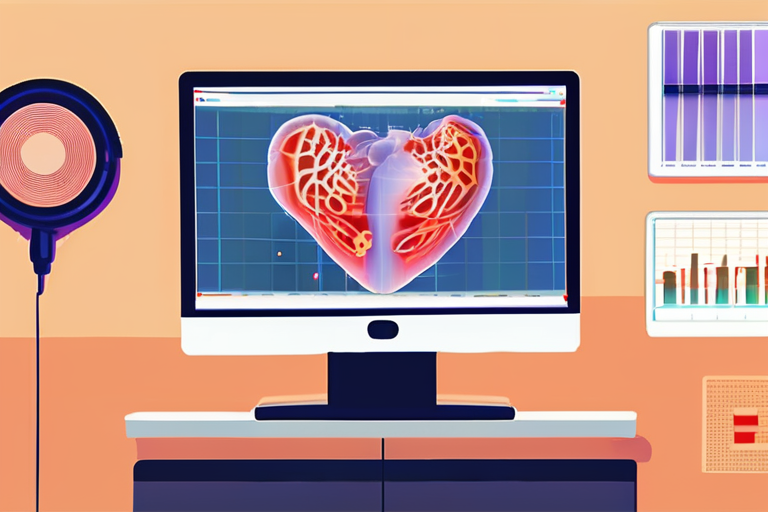


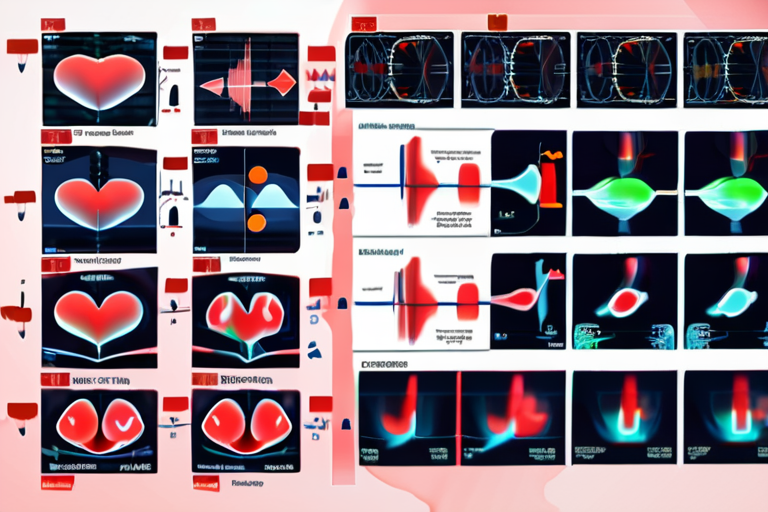

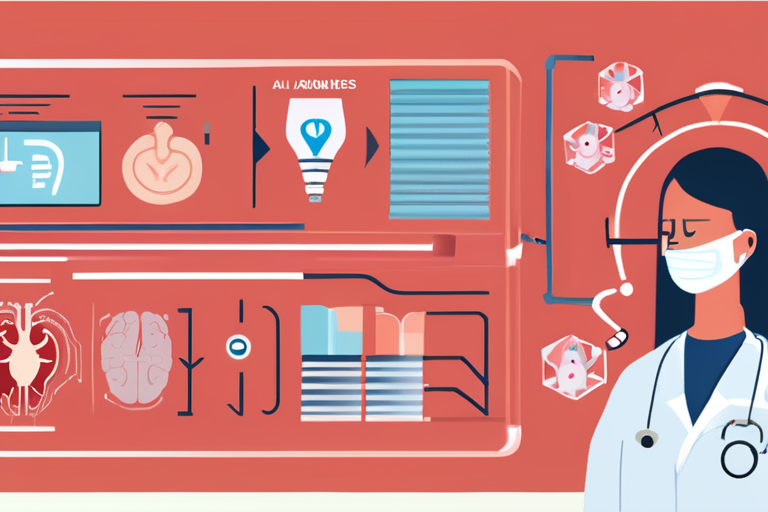
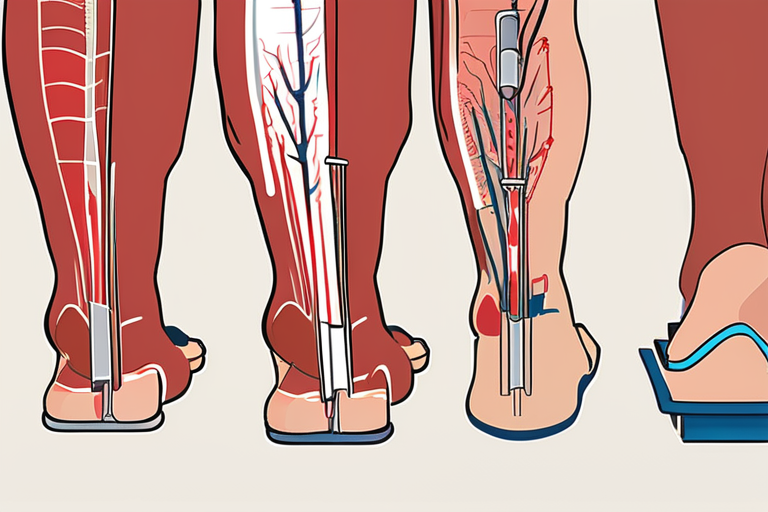
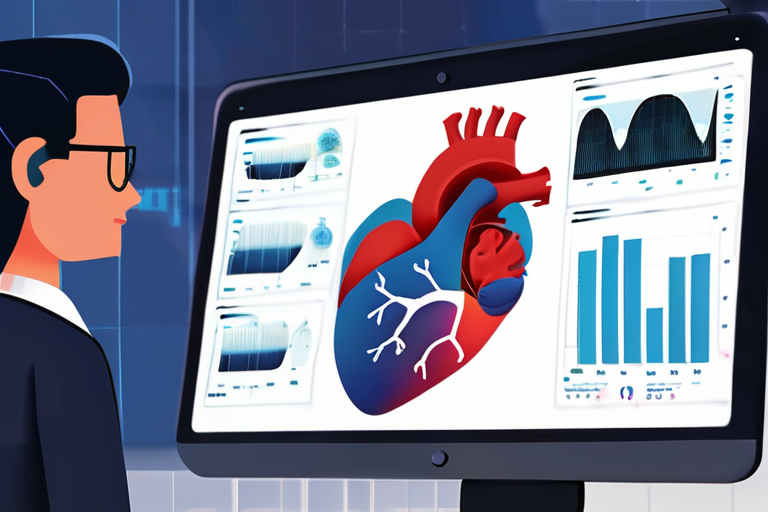


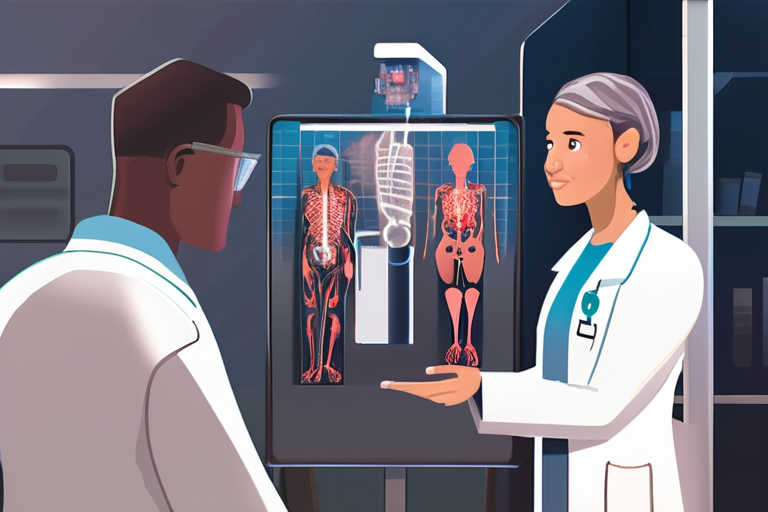

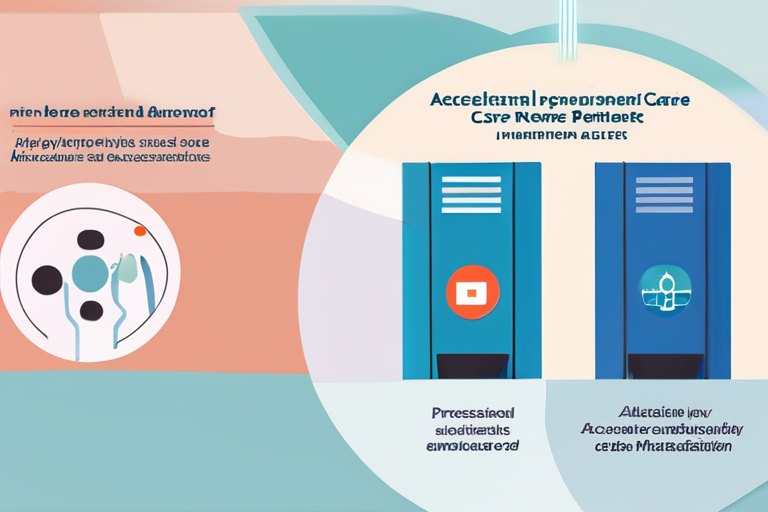
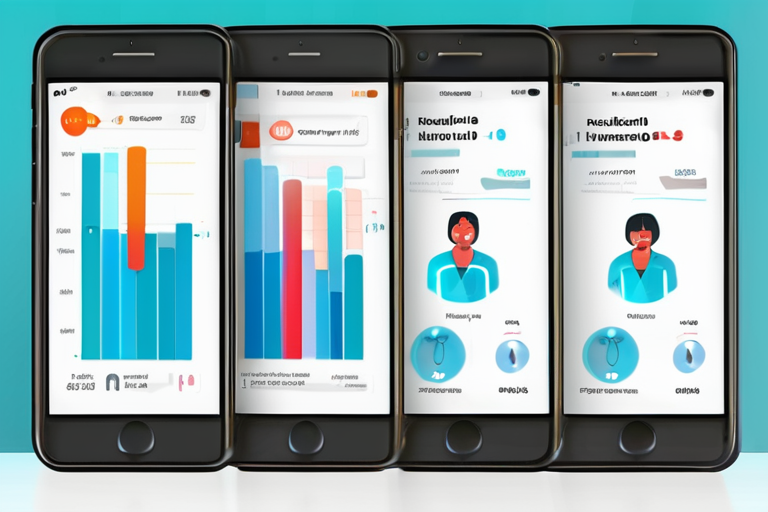

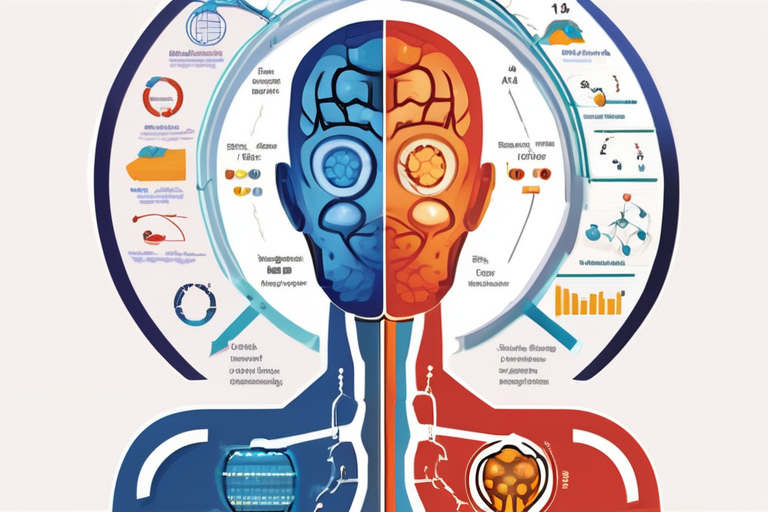
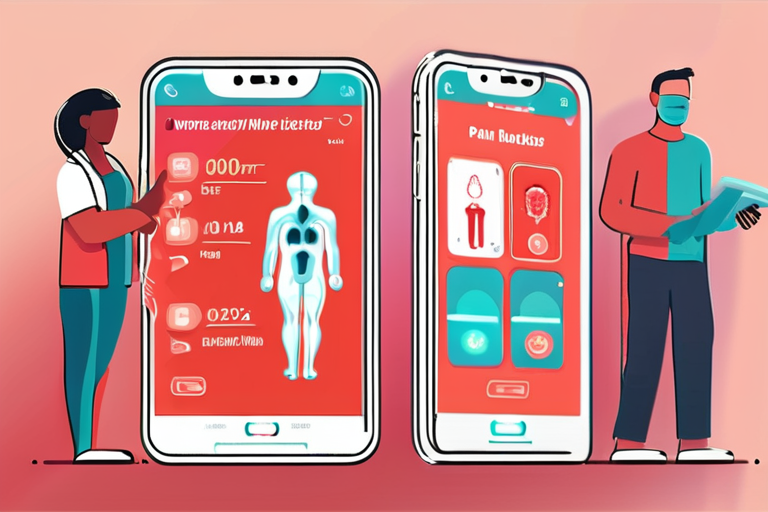
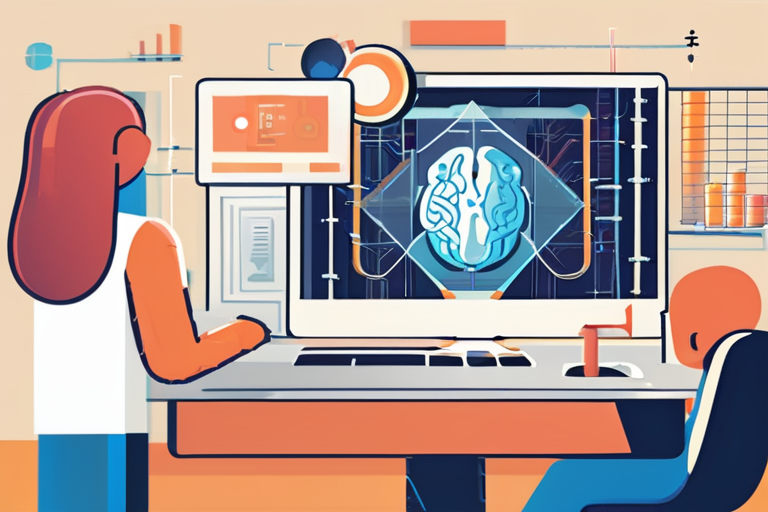
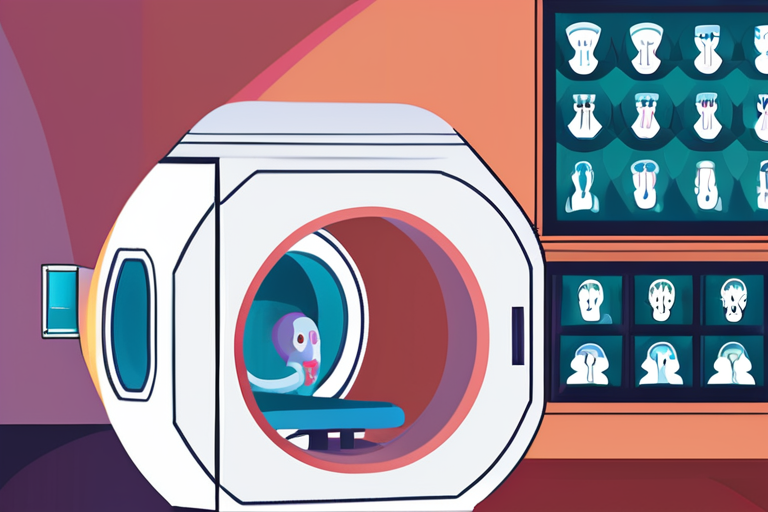
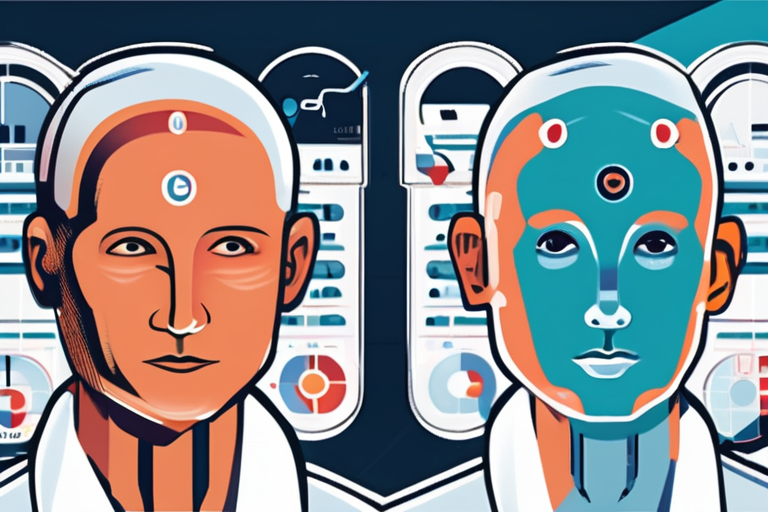
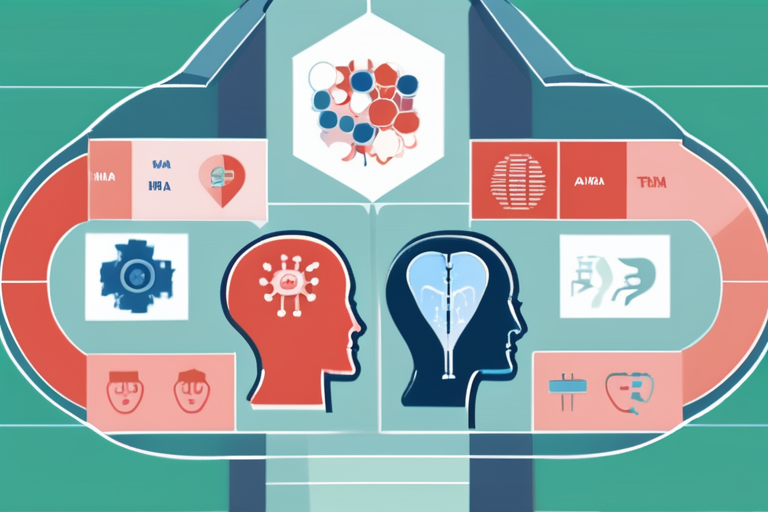




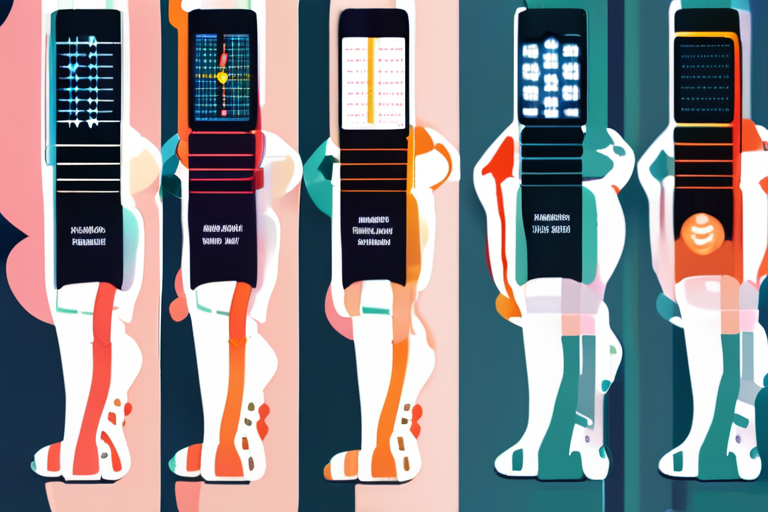

Share & Engage Share
Share this article